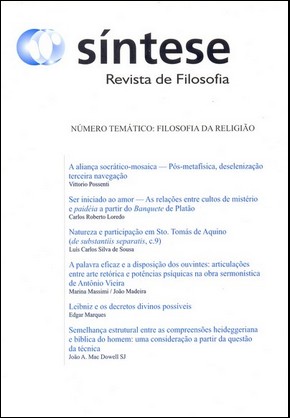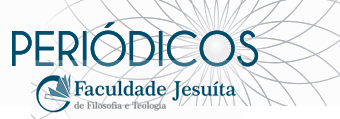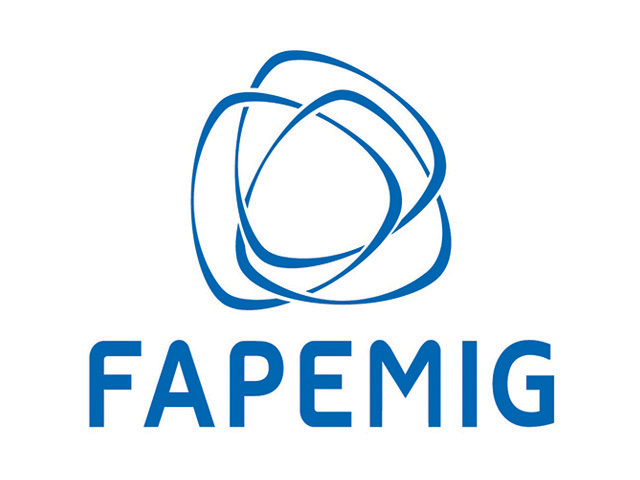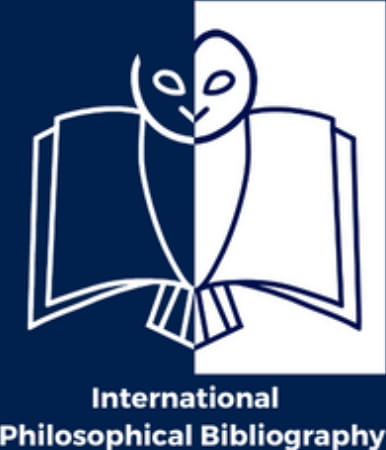A ALIANÇA SOCRÁTICO-MOSAICA PÓS-METAFÍSICA, DESELENIZAÇÃO, TERCEIRA NAVEGAÇÃO
DOI:
https://doi.org/10.20911/21769389v36n116p325-353/2009Palavras-chave:
Pensamento secular e religioso, diálogo, derrotismo pósmoderno, filosofia do ser de S. Tomás.Resumo
O diálogo entre pensamento secular e pensamento religioso permanece uma encruzilhada recorrente na história do Ocidente (cfr. o debate Habermas-Ratzinger e Bento XVI em Regensburg). No diálogo entram em jogo a crise pós-metafísica da razão e a deselenização, entendida como ruptura da aliança socrático-mosaica, ou seja do acordo entre fé e razão em torno da idéia de verdade. Tal aliança religa filosofia grega (Sócrates) e discurso bíblico (Moisés): a diferença mosaica entre verdadeiro e falso nas religiões se encontra com a diferença socrática entre verdadeiro e falso na razão. A quaestio de veritate e o tema da religio vera não são portanto estranhos ao âmbito da Revelação, enquanto a moderna crítica da religião sustenta que a religião se refere apenas à piedade e ao culto (Spinoza). No interior daquela aliança situa-se o destino da metafísica. Após a ”˜segunda navegação' da metafísica helênica, aconteceu com a filosofia do ser/ actus essendi de Tomás de Aquino uma ”˜terceira navegação', atuada por uma metafísica trans-ôntica que leva a termo a centralidade ontológica do energeia/actus. Para mobilizar a razão pós-moderna contra o derrotismo e o niilismo que a assediam, importa uma retomada da aliança socrático-mosaica. O seu novo pacto poderá acontecer reconhecendo a capacidade veritativa da razão natural, além do âmbito das ciências e da ética, no qual muitos quereriam deter-se.
Abstract: The dialogue between secular and religious thinking is still a recurring theme in Western History (see the Habermas/Ratzinger debate and the lecture by Benedict XVI in Regensburg). Within this dialogue, the post-metaphysical crisis of the reason and the dehellenization process are at play, the latter being understood as the breaking of the Socratic-Mosaic alliance, that is, of the agreement between faith and reason regarding the question of truth. Such an alliance reconnects Greek philosophy (Socrates) and biblical discourse (Moses): the Mosaic difference between true and false with regard to religions encounters the Socratic difference between true and false concerning reason. Therefore, the quaestio de veritate and the topic of religio vera are not absent from the context of Revelation, although the modern criticism of religion holds that religion is only a question of piety and cult (Spinoza). The destiny of metaphysics is situated within that alliance. After the second navigation of the Greek metaphysics, a third navigation took place with Thomas Aquinas' philosophy of being/actus essendi, setin motion by a trans-ontic metaphysics leading to the ontological centrality of the energeia/ actus. In order to mobilize the postmodern reason against the defeatism and nihilism by which it is assailed, it is important to return to the Socratic-Mosaic alliance. This new covenant is possible due to the veritative capacity of modern reason which goes beyond the realms of science and ethics, areas where many would like to remain.






























